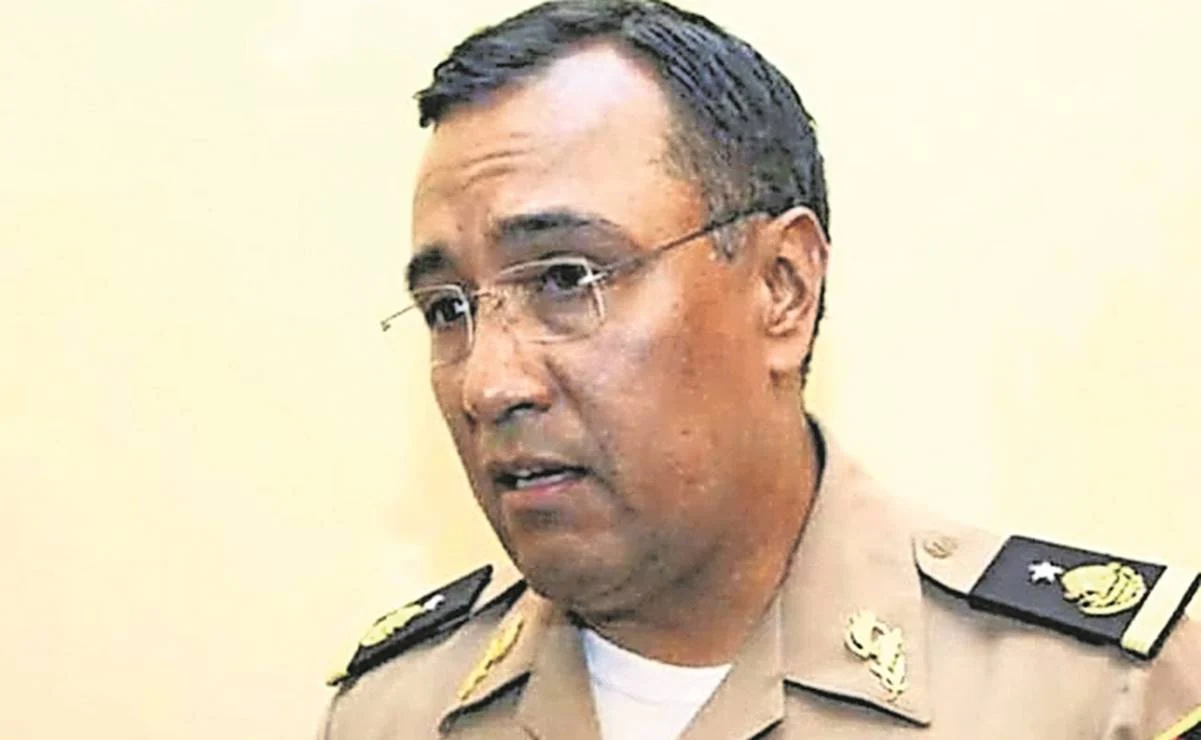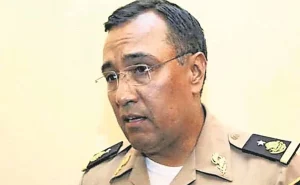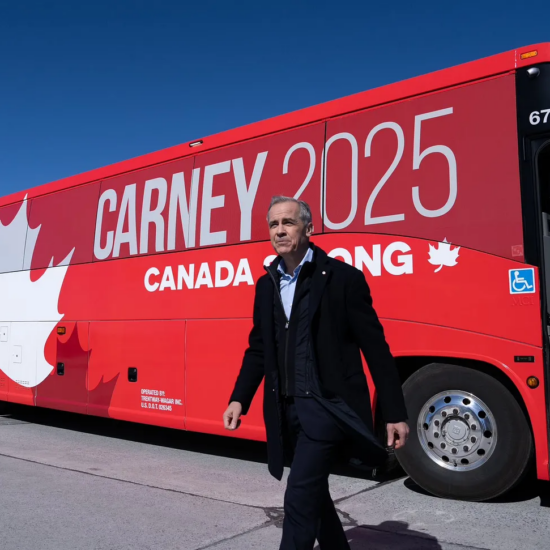
Bob Mackin
Lawyers for the former Mexican general who fled to B.C. four years ago may be allowed to present some new evidence that casts doubt on the Mexican government’s extradition case.

B.C.-arrested Eduardo Leon Trauwitz
Eduardo Leon Trauwitz, 56, was arrested in December 2021 and freed on bail conditions in March 2022. The Mexican government wants Canada to return Trauwitz to face trial on organized crime and fuel theft charges. It alleges that Trauwitz, while working as head of security for state oil company Pemex, facilitated theft of 1.87 billion litres of hydrocarbons from clandestine taps in Pemex pipelines.
In a May 29 ruling, B.C. Supreme Court Associate Chief Justice Heather Holmes considered defence applications to include statements from a former Pemex worker and an architect.
The case record said Moises Angel Merlin Sibaja told Mexican prosecutors in February 2017 and January 2019 that he was among workers threatened with firing if they did not follow orders from Trauwitz and four other public officials about a new December 2015 procedure to neutralize and not report clandestine taps.
Trauwitz’s lawyers asked to submit a three-page typewritten statement from March 2020 in which Sibaja expressed concern that “my version of events has been distorted, putting words in my mouth that I have not said, all this with apparent political motives.”
Sibaja’s statement came from a deposition in Mexico City in the presence of a notary public and Trauwitz’s defence lawyer, David Samuel Mejia Cruz. In it, Sibaja clarified that the new procedure was for the purpose of combatting theft of hydrocarbons.
“Mr. Sibaja explains also, in the new statement, that he had reported the irregular procedure to the Mexican authorities only because of ‘labor discontent’,” Holmes wrote. “Dismantling clandestine taps was not the work for which he was hired, and he had never agreed to perform it. He carried it out only because of threats that he would lose his job if he did not.”
Lawyers for the Attorney General of Canada, on behalf of Mexico, questioned the authenticity of Sibaja’s statement and said it did not meet the standard for admission in the case.

Mexico’s state oil company Pemex
Holmes gave Trauwitz’s lawyers leave to provide further evidence to correct the deficiencies, “particularly since at least two lawyers, with professional responsibilities and ethical duties, appear to have handled the statement and taken a part in placing it before an adjudicative body [the Immigration and Refugee Board],” Holmes wrote.
Trauwitz’s lawyers also wanted to include a short report and curriculum vitae from architect Ernest Perez Rodriguez, which had been submitted in June 2022 to the Immigration and Refugee Board by Trauwitz’s Toronto lawyer.
Rodriguez’s report said that allegations by Mexican prosecutors in Trauwitz’s case are without substance. Despite Rodriguez appearing to be qualified to comment on the new procedure, Holmes ruled his report did not offer reliable or relevant evidence.
Rodriguez’s report, she found, “reads more as a will-say than as an expression of expert or other opinion or fact, such that the reliability of its content cannot be assessed.”
Holmes concluded that if satisfactory evidence is tendered about the reliability of Sibaja’s statement, portions may be admitted “to make clear that Mr. Sibaja did not, and will not, state or imply that clandestine taps disabled in accordance with the new procedure could be reused, or say that he personally received orders from Mr. Trauwitz about the new procedure.”
Last Friday, Justice David Crossin granted an application to allow Trauwitz to move from Surrey to the Burquitlam area of Coquitlam.
Trauwitz’s original bail conditions included a $20,000 surety, requirement to live with his daughter in Surrey, an 11 p.m. to 6 a.m. curfew, wearing of an electronic monitoring device around the clock and regular reporting to a probation officer.
Trauwitz’s lawyer, Katherine Kirkpatrick, said that he would report daily to his bail supervisor by phone and once a week in person until a new technical suitability report is completed into the feasibility of electronic monitoring at his new residence.
Crown lawyer Ryan Dawodharry, on behalf of the Mexican government, consented to the application.
Trauwitz’s lawyer told the court in December 2021 that he had been the victim of a politically motivated prosecution.
“Mr. Trauwitz was the one who was trying to stop hydrocarbon theft and his actions actually prohibited other corrupt individuals from engaging in carbon theft,” Tom Arbogast said.
The case was adjourned to June 20.
Support theBreaker.news for as low as $2 a month on Patreon. Find out how. Click here.











